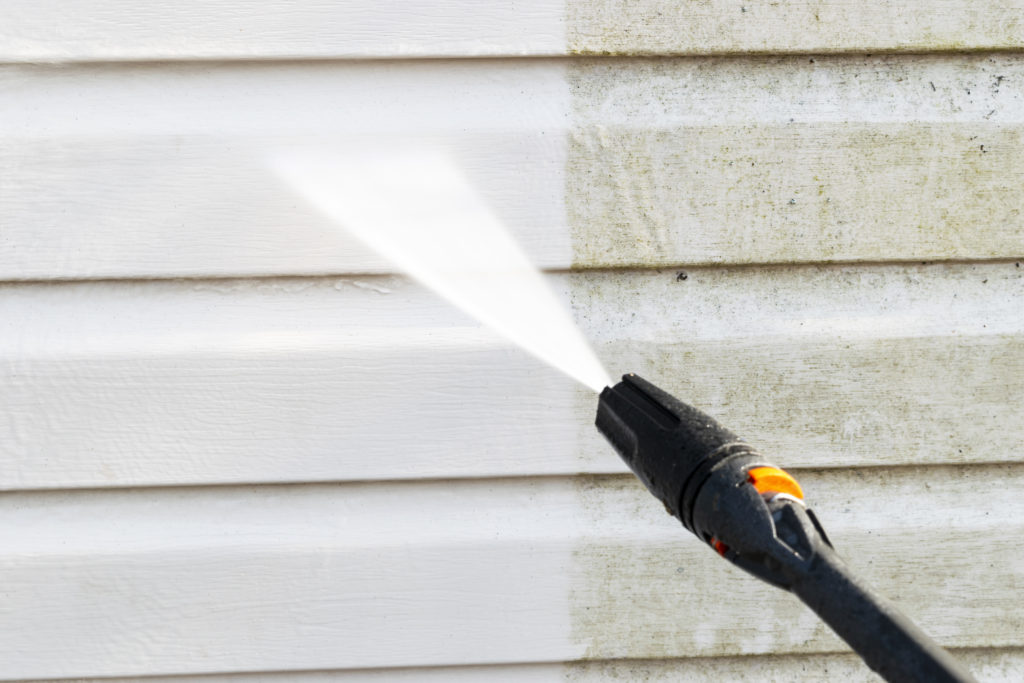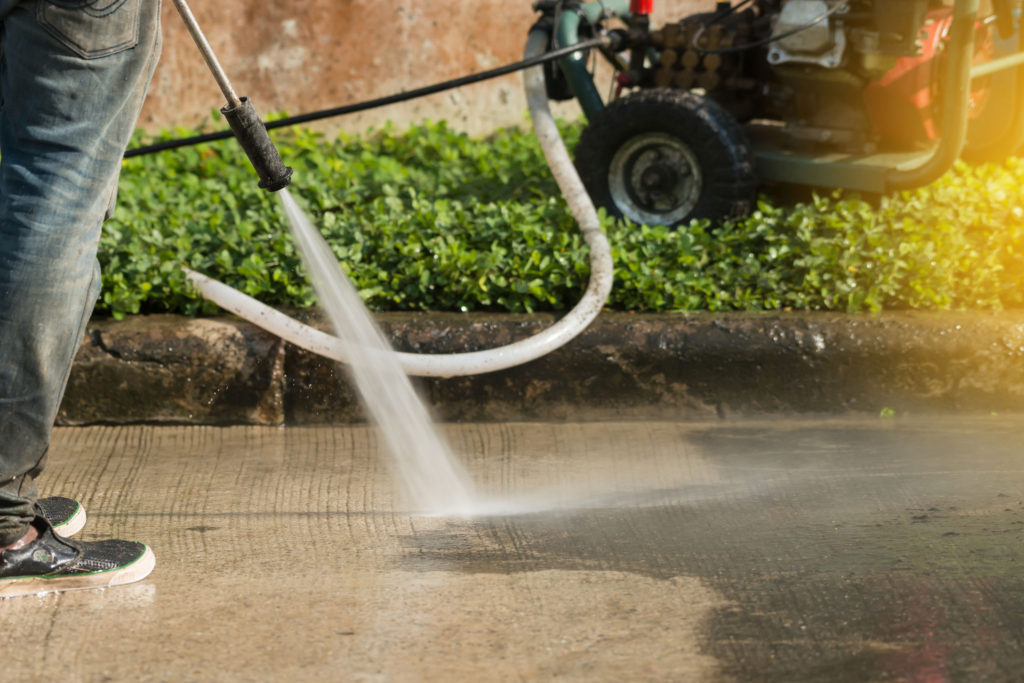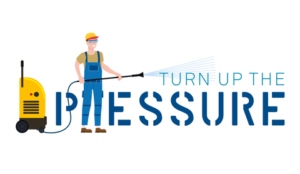
Pressure washers are quite handy when it comes to spraying down your house, garbage cans, or whatever else! However, there might be a few things you ought to know.
As with almost any other gadget or appliance, pressure washers and their nozzles will wear out eventually. This is likely due to damage sustained during use. You can usually start to tell if you need a replacement nozzle when the water pressure starts to drop.
As always, replacement is inevitable and necessary. Here is a list of maintenance tips that might be helpful!
Telltale signs
Degradation will naturally happen over time with pressure washers, as the constant spray of water will erode the nozzle. It is not always easy to tell when this begins to happen. Usually an eroding nozzle will work fine, but once the spray becomes wider and less concentrated, that’s when you will recognize the need to buy another one. The pressure level will remain the same, but the nozzle tip will have become wider so it will not pack as much power as it usually should.
Before you jump to the conclusion that your nozzle is worn, however, make sure you do indeed have the right size nozzle. If you don’t, it could be causing your pressure washer to malfunction somewhat. You should also take care not to leave water inside your washer for long periods of time as this can cause severe buildup. This will not only damage your nozzle but potentially the hose and other parts of the washer as well.
You can also check for a larger hole in your nozzle tip. As natural erosion takes place, the hole in the nozzle will gradually get bigger until it cannot push water through as fast. Be thorough when you clean and repair your pressure washer. It could make all the difference!
Nozzle maintenance

There is no way to stop your pressure washer nozzle from wearing out eventually. However, there are measures that can be taken to slow the process down and prevent unnecessary damage to your pressure washer.
One of the first things you will want to do to avoid damage is removing nozzle clogs right away. Not only will clogs cause the machine to work too hard, but it could force debris through the nozzle which might then result in a broken piece. Remove the nozzle and poke through all the holes to try and clear out dirt and debris that may have become lodged inside. Once you have removed the blockage, thoroughly rinse the nozzle and put it back on the hose.
You should also remove any pressure that might be built up in the hose. First turn off your water source and the pressure washer, then squeeze the trigger a few times to release pressure buildup. After cleaning the nozzle, spray water through it and the hose to ensure that there are no remaining blockages.
As mentioned above, take care to make sure you have chosen the correct type of nozzle for your pressure washer. Most nozzles and parts will have a color code to help owners select the pieces that suit their needs, but be judicious all the same. If the wrong nozzle is selected, chances are your pressure washer will not function at optimal performance. Most washers come with a standard selection of nozzles with various different sizes and pressure levels. The maintenance/manufacturer’s guide should tell you which nozzle to use and when. Replacements can be bought at most hardware stores.
In order to ensure that your nozzle does not wear out faster than necessary, store your pressure washer in a safe place. A nozzle and hose that get knocked around will be scratched up and worn, and become unfit for use. You will also want to keep up maintenance of the pressure washer itself. Good maintenance on the machine as well as safe storage can ensure a good 10 years of use.
Pressure washer maintenance

Not only is it a good idea to keep your nozzle in good condition, but the rest of the pressure washer as well. Here are a few tips to keep in mind.
Many professionals recommend using a pump protectant. This will keep your pressure washer’s pump from quitting work early. Lubricating your washer with antifreeze and protectant will help with water and mineral buildup as well. It keeps your machine functioning at optimal levels. You will also want to take the time to prepare your pressure washer and engine before you put it away in long term storage (like you would most likely do in the winter). You will want to change the oil before putting it away. Even if your oil is gently used (a few hours or less) it is a good idea to drain the old stuff and put fresh oil in the tank. After doing this, run the motor for a few moments so the inner workings all get coated and lubricated with oil. This way, your engine will be protected for the winter and you will be ready to go as soon as you unpack your pressure washer for the next season.
You will also want to lubricate the washer’s hose connectors. If they are too dry when you connect them, they will twist and possibly tear which will ruin your hose. Using silicone plumber’s grease is what many professionals do, as normal grease usually comes off when rinsed repeatedly with water. Reapply these coatings every five uses or so, or else just whenever the rings appear to be dry.
Additionally, be careful with the cleaning products you use. It is advisable to select only those that are specifically designed for pressure washers. Bleach, heavy duty degreasers, and other products of a similar nature can corrode and eventually destroy your engine, so stick with pressure washer specific products.
Finally, you will want to take care with the soap you put in the dispenser. Do not, under any circumstances, leave it in the dispenser, because it can dry and crystalize, and often cause damage to your pump.
